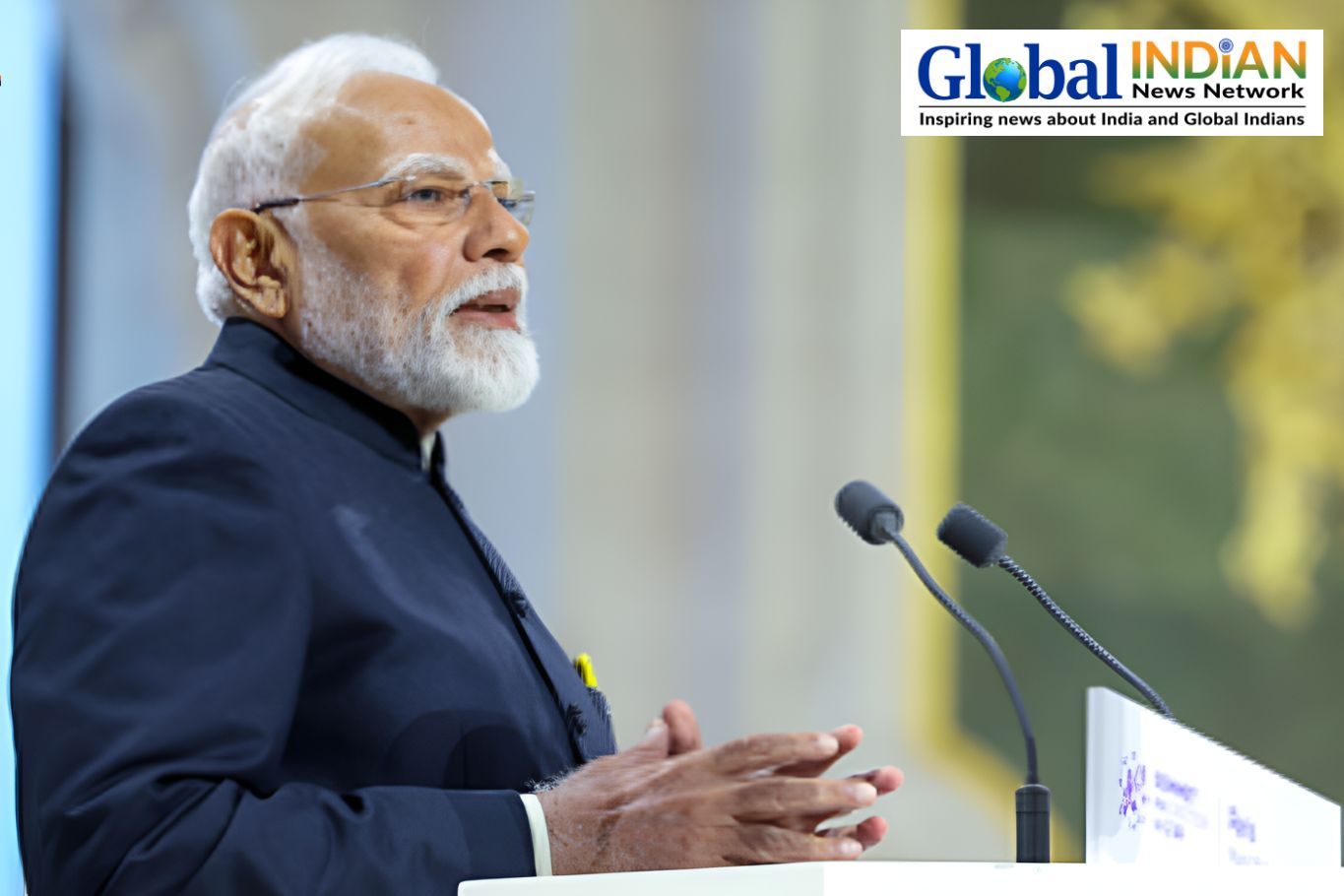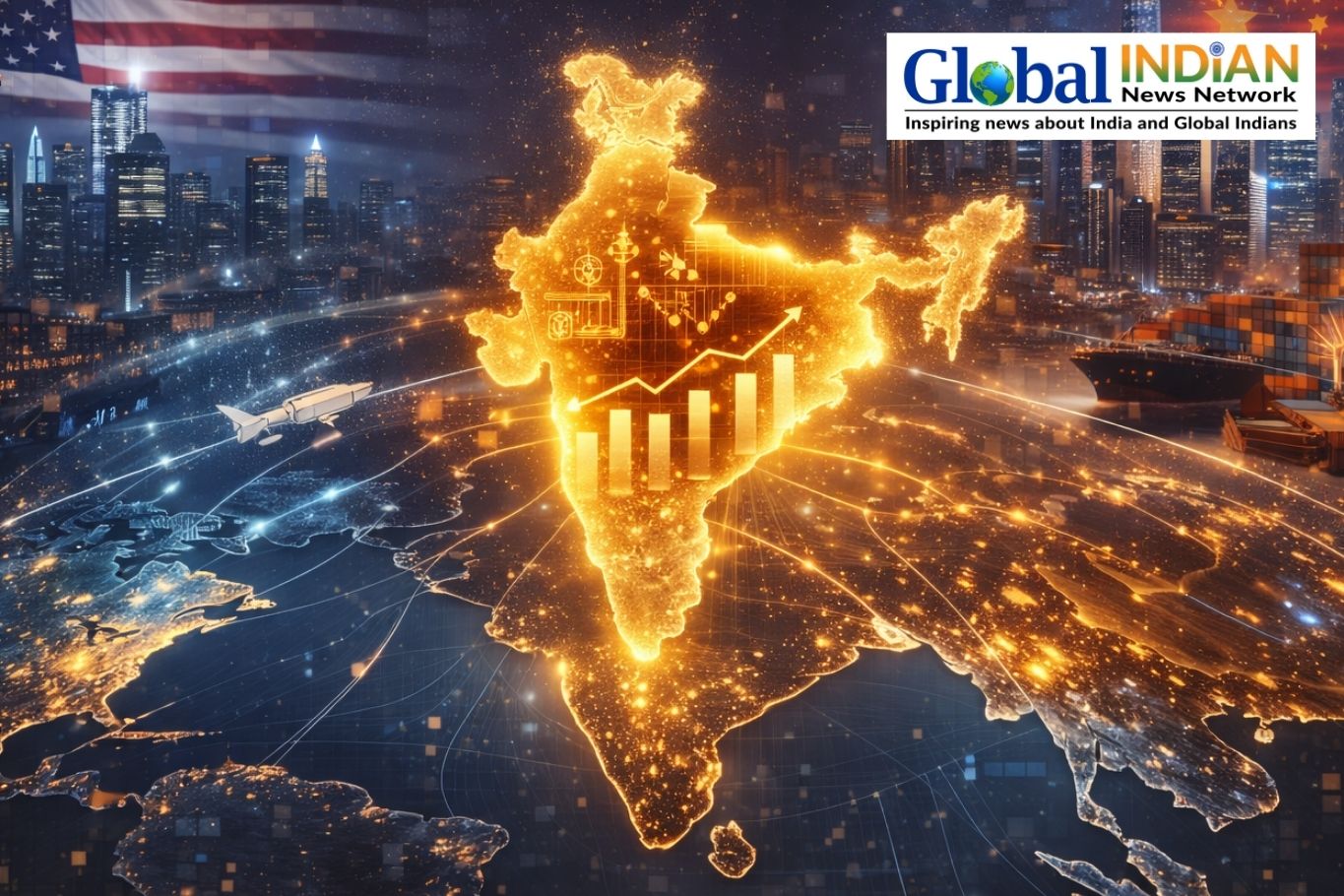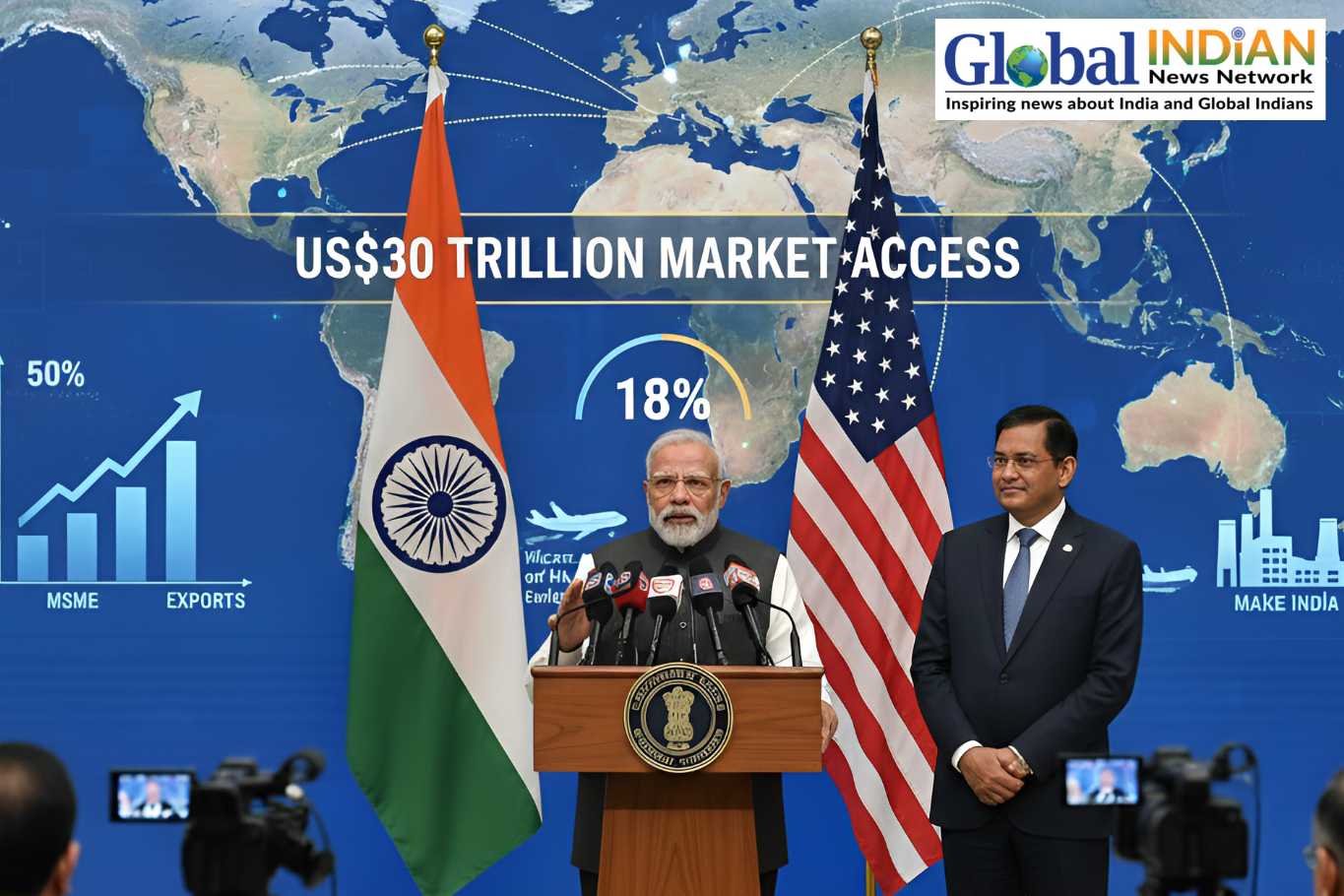
India has intensified its partnership with the United Kingdom (UK) in telecommunications, Artificial Intelligence (AI), and advanced digital technologies. The country’s Telecom Secretary recently traveled to the UK to engage with the Department of Science, Innovation and Technology (DSIT) and strengthen collaboration in next-generation telecom solutions, including 5G, 6G, and digital security.
During the visit, discussions were held with National Scientific Adviser Chris Johnson and National Technology Adviser Dave Smith, focusing on enhancing telecom security and infrastructure. Conversations with Geoff Huggins, Director of the Digital Directorate in Scotland, explored digital transformation strategies. The delegation also visited key research hubs, including the Federated Telecom Hub (FTH) specializing in cloud and distributed computing, Scotland’s 5G Centre at the University of Strathclyde, and the University of Glasgow’s 6G Research Centre. These visits aimed to foster innovation in AI-driven telecom security and student exchange initiatives.
A crucial meeting with Jean Innes, CEO of The Alan Turing Institute, emphasized collaboration in AI ethics, digital twin technologies, and AI-powered security solutions. The visit included the UK-India Telecom Roundtable, jointly organized by the High Commission of India (HCI) and the UK Telecom Innovation Network (UKTIN). The roundtable gathered key players like DSIT, British Telecom (BT), Ericsson, SONIC Labs, and UK Telecom Labs to explore future collaborations.
A significant milestone was the signing of a Memorandum of Understanding (MoU) between SONIC Labs and India’s Centre for Development of Telematics (C-DOT) to enhance Open Radio Access Network (Open RAN) and AI applications in 4G and 5G. Other critical focus areas included establishing Joint Centres of Excellence in cybersecurity, leveraging mobile data for infrastructure planning, and contributing to the International Telecommunication Union’s (ITU) 6G standards (IMT 2030). Additionally, the discussions covered mutual recognition of testing labs, advancements in quantum communication, submarine cable security, and promoting India’s indigenous 4G/5G stack.
Another key topic was space technology communication under the Bharat 6G Alliance, further strengthening cooperation between the two nations. This visit reinforced India and the UK’s commitment to technological advancements, digital inclusion, and shaping global telecom policies, driving innovation for a more secure and connected future.









